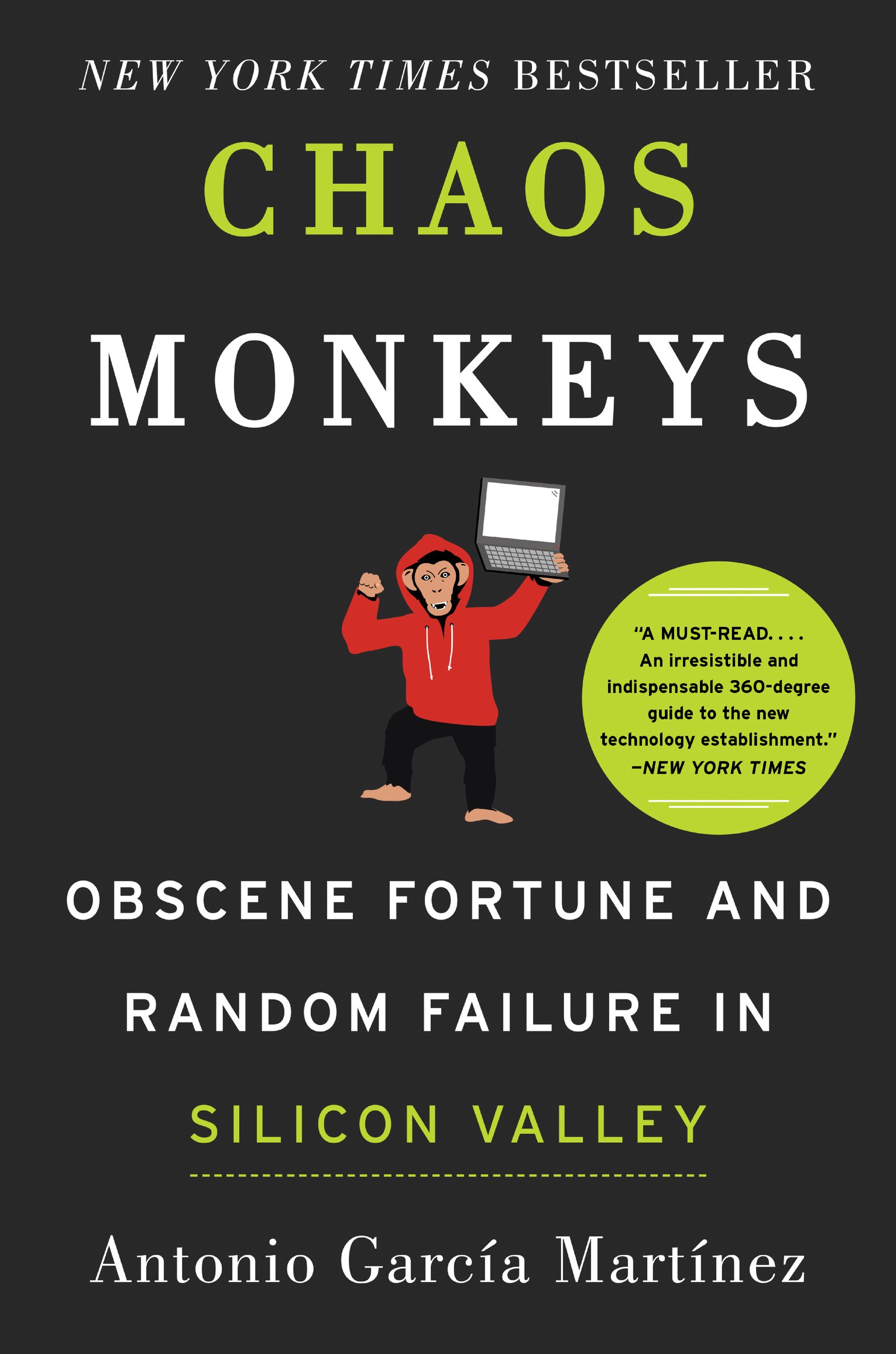Just finished the book “Chaos Monkey” by a former PM at Facebook, and he goes into detail about how Facebook, and particularly Google with Google+, were padding their numbers by 30, sometimes 40%. If anyone wonders how the bottom will eventually fall out of some tech companies, it will be a real but not terrible decline in usage, that leads them to more scrutiny, that then reveals histories of fraud on a Wall Street level scale dating back over a decade.
Chaos Monkeys: Obscene Fortune and Random Failure in Silicon Valley https://www.amazon.com/dp/0062458191/
Did you ever read Chaos Monkey? (https://www.amazon.com/Chaos-Monkeys-Obscene-Fortune-Failure...)
The author was a founder of a very little startup (3-men shop) and after 6 months tried to approach Facebook to be acquired, and Facebook told him: we don't want your technology, but since you have proven to be capable of building something exceptional, we want you to join (and you can throw away your product), and we'll offer you $2-3M (don't recall the exact number) in RSUs with a 4y vesting schedule, which he clearly accepted.
Now, those "acqui-hires" happen all the time among those big companies. Since the acquiring company is clearly not interested in the product but just in the talent, how is that different than getting in the door as a really solid individual contributor with terrific experience in getting stuff done (of course, your resume and interview skills need to reflect that, and also, probably even more importantly, your negotiation skills). You can choose to not believe me, but the answer is that there is no difference at all.
If you live in the valley, I can't believe you don't have an acquaintance who followed exactly the path of being individually "acqui-hired" as a talented individual contributor (but not being part of a real acquisition, mind you), which is exactly what happened to my two friends described above (no direct reports, purely technical gig). They are very very good in their fields and managed to sell themselves very well to the right teams inside those big companies.
I recall very little from the interviews, except a comment from one of the DabbleDB engineers. After getting through the stress questions, I asked him, "So what do you like most about Twitter?" By this point, we'd build a decent rapport, so with a nod and a wink, he said, "Well, you know, in companies like Facebook and Google, they serve you breakfast, lunch and dinner. Here at Twitter, they one serve you breakfast and lunch." I cringed inwardly. So the big selling point was that nobody worked late into the night, so we could have that chimerical work-life balance? I smiled to keep the warm vibe going. But that comment more than anything else sealed my decision. I was not going to blow the biggest career wad of my life on a company that hesitated to work past six p.m. daily. [1] https://www.amazon.com/Chaos-Monkeys-Obscene-Fortune-Failure...

